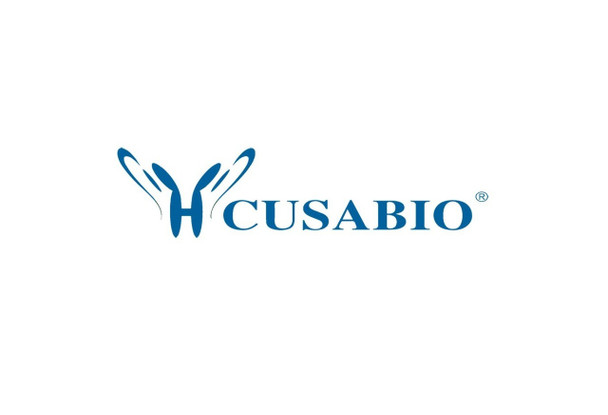Cusabio Polyclonal Antibodies
HSD17B11 Antibody, Biotin conjugated | CSB-PA843318HD01HU
- SKU:
- CSB-PA843318HD01HU
- Availability:
- 3 to 7 Working Days
Description
HSD17B11 Antibody, Biotin conjugated | CSB-PA843318HD01HU | Cusabio
HSD17B11 Antibody, Biotin conjugated is Available at Gentaur Genprice with the fastest delivery.
Online Order Payment is possible or send quotation to info@gentaur.com.
Product Type: Polyclonal Antibody
Target Names: HSD17B11
Aliases: Estradiol 17-beta-dehydrogenase 11 (EC 1.1.1.62) (17-beta-hydroxysteroid dehydrogenase 11) (17-beta-HSD 11) (17bHSD11) (17betaHSD11) (17-beta-hydroxysteroid dehydrogenase XI) (17-beta-HSD XI) (17betaHSDXI) (Cutaneous T-cell lymphoma-associated antigen HD-CL-03) (CTCL-associated antigen HD-CL-03) (Dehydrogenase/reductase SDR family member 8) (Retinal short-chain dehydrogenase/reductase 2) (retSDR2) (Short chain dehydrogenase/reductase family 16C member 2), HSD17B11, DHRS8 PAN1B SDR16C2
Background: Can convert androstan-3-alpha, 17-beta-diol (3-alpha-diol) to androsterone in vitro, suggesting that it may participate in androgen metabolism during steroidogenesis. May act by metabolizing compounds that stimulate steroid synthesis and/or by generating metabolites that inhibit it. Has no activity toward DHEA (dehydroepiandrosterone), or A-dione (4-androste-3, 17-dione), and only a slight activity toward testosterone to A-dione. Tumor-associated antigen in cutaneous T-cell lymphoma.
Isotype: IgG
Conjugate: Biotin
Clonality: Polyclonal
Uniport ID: Q8NBQ5
Host Species: Rabbit
Species Reactivity: Human
Immunogen: Recombinant Human Estradiol 17-beta-dehydrogenase 11 protein (20-300AA)
Immunogen Species: Human
Applications: ELISA
Tested Applications: ELISA
Purification Method: >95%, Protein G purified
Dilution Ratio1:
Dilution Ratio2:
Dilution Ratio3:
Dilution Ratio4:
Dilution Ratio5:
Dilution Ratio6:
Buffer: Preservative: 0.03% Proclin 300
Constituents: 50% Glycerol, 0.01M PBS, PH 7.4
Form: Liquid
Storage: Upon receipt, store at -20°C or -80°C. Avoid repeated freeze.
Initial Research Areas: Signal Transduction
Research Areas: Signal transduction






